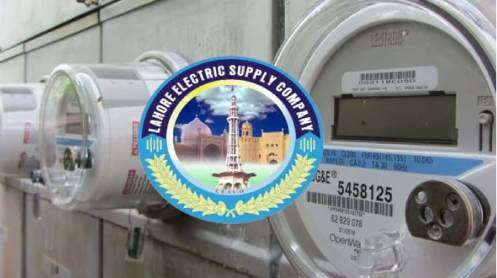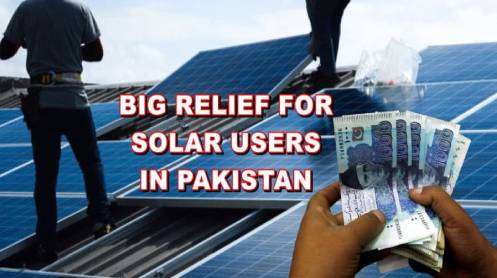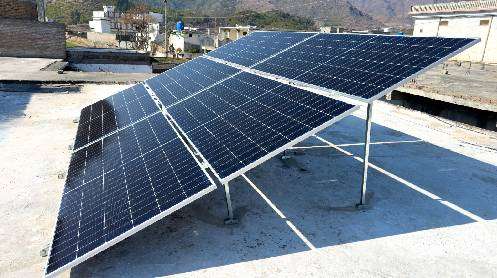Pakistan’s government is diligently making efforts to overcome the country’s prevailing power crisis. As part of this initiative, the federal government unveiled a new energy-saving initiative. The steps suggested by the government are commendable; however, one step which needs special mention is the intention to introduce e-bikes.
If this initiative can achieve the desired results, it will save foreign exchange and help in environmental regeneration. Another high point is the government’s thinking towards promoting work-from-home. Federal Defence Minister Khawaja Asif, while highlighting the benefits of working from home, revealed that if 20 per cent of the workers are made to work from home on a rotational basis, this will help save Rs56 billion. The energy conservation plan appears as a well-thought-out effort along with common methods, and it contains a few out-of-box solutions to achieve the desired goal. Whereas energy conservation is one piece in the puzzle of Pakistan’s power sector, city planning is another crucial factor. If cities are planned properly, the probability of providing basic facilities to all residents in an amicable way will increase.
Karachi is an ever-expanding metropolis, accommodating 50,000 new residents monthly. Post-floods, this number may have increased. A city that reported a population of a few lakhs at the time of the Partition is now bursting with more than 30 million people. About 62 per cent of the city’s planning is random, with mushrooming colonies springing everywhere, resulting in sprawling semi-urban settlements often without schools and hospitals or even basic infrastructure for water and electricity. Private initiatives have been addressing these concerns, and many medical facilities, emergency services, and educational trusts now thrive in Karachi, which is a blessing for many of these settlements.
Standardisation, of course, is a challenge, and so is an outreach for providers, as a proper blueprint or logistical mapping does not exist. K-Electric (KE) is the only vertically integrated, investor-owned power distribution company. With all the challenges of Karachi, the organisation is committed to reshaping the logistical map with 21st century digitisation and facilities for the consumer. Whether it is a long debate over natural gas instead of re-gasified liquefied natural gas (RLNG) for consumers, maintaining uninterrupted supply for industrial zones or taking a Hara Qadam to reduce the burden on natural resources or women’s empowerment through training for electricity maintenance online facilities, active website, etc. KE has been stealthily building itself up as a conscience-rich and empathetic corporate for the residents of Karachi.
Their recent deals to upgrade the Bin Qasim power complex and construction of KKI grid highlight their objective: affordable electricity available for all. The projects are a part of KE’s business plan formulated after a detailed study to review all possible solutions for an increase in generation capacity, including long-term off-take of additional power of the national grid to bridge the supply-demand gap.
Cognisant of the present and evolving demands, KE has been working actively with the Government of Pakistan and especially the Ministry of Energy under the guidance of NEPRA to bolster its infrastructure to enable Karachi to receive additional power. The challenges they are up against range from non-payment to illegal connections, encroachments to limited resources, and many more. In an ever-burgeoning metropolis, challenges are added on a daily basis, and any weather anomaly compounds them. Yet being the only power supply company, their performance in the recent torrential rains, where they maintained continuous supply with minimum disruption, is a testament to their genuine desire to make Karachi the real city of lights as it was once synonymously known.
Similarly, they bear the brunt of increased taxation exploding the billed amount. But that is not to impact their continued efforts to ensure that they keep the government, institutions, and all stakeholders on board engaged with their objective to keep the current running through the veins of this very alive, growing and dynamic power centre of Pakistan that we call Karachi. This spirit of collaboration and consensus is integral to the sustainability of Pakistan’s economic and strategic hub.







